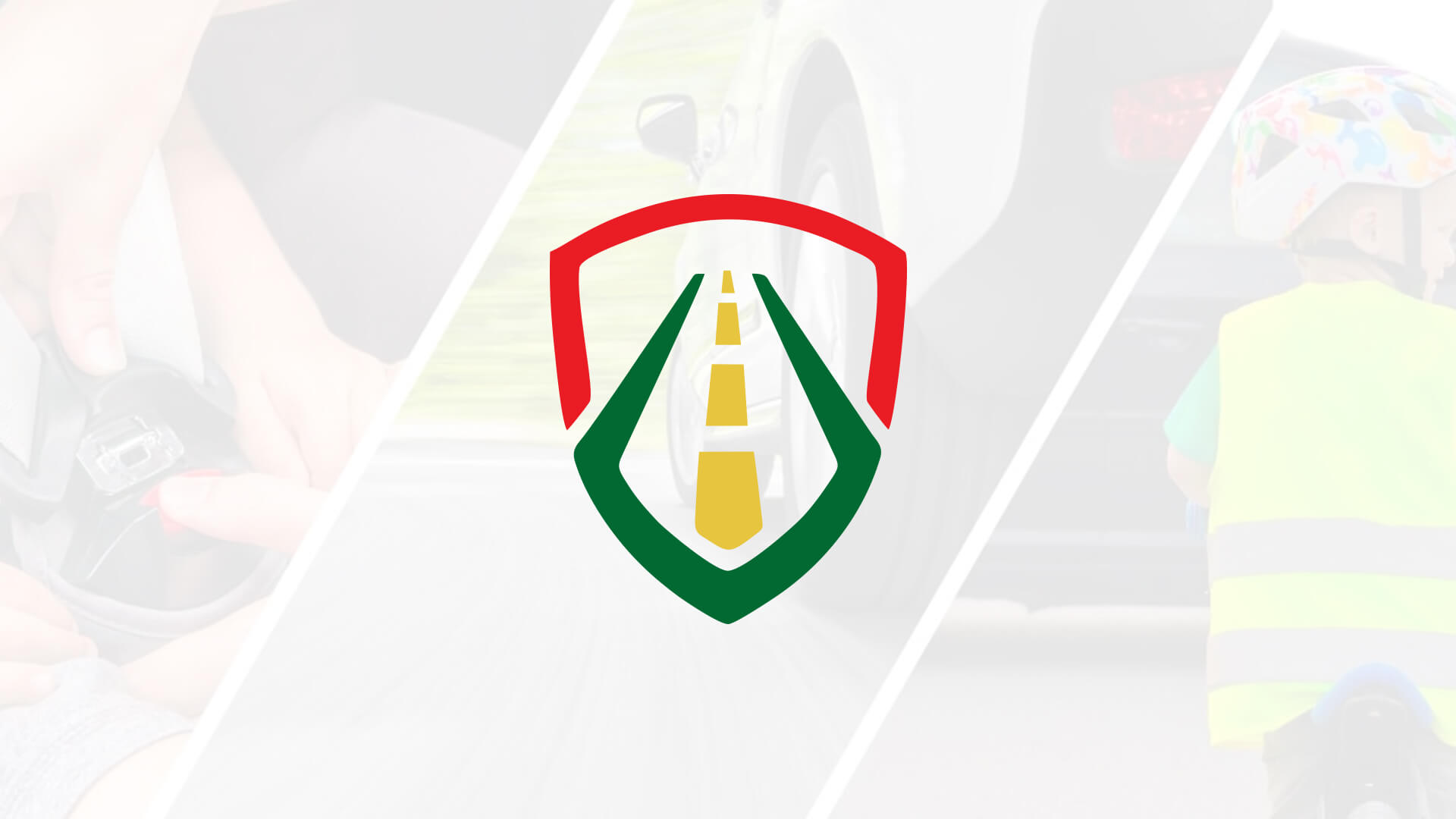More than half of global fatal road accidents involve vulnerable road users: pedestrians, cyclists, motorcyclists, etc. It is therefore very important that roads, especially in urban areas, are primarily designed for people rather than vehicles, anticipating the errors that road users may make, as SARS speakers pointed out. They gave an example with the need for more and better lit pedestrian crossings within settlements, providing opportunities for conflict-free traffic and more prevention measures.
One of the highlights during the training sessions was that research has shown that the substitution of pavement does not always impact the risk of a road accident as significantly as, for example, affixing markings meeting all the requirements. It is therefore important to realize that “new asphalt” does not always mean “a safe road”. “Sometimes it is even the opposite, because а better pavement may be a prerequisite for speeding and if safety features are not compliant, much more serious accidents can occur”, SARS experts stressed.
Road safety audits are among the most important mechanisms for road owners to make sure that the implementation of new projects also improves road safety. Therefore, it was recommended that they be carried out both in the construction phase and in the design of rehabilitation or construction of new routes.
It is also very important that roads have a safety zone, i.e. an area in which there are no objects with which vehicles may collide. In case this is not possible, restraint systems should be put in place, but only those that have been tested and certified. “Restraint systems can be a threat to road users and even cause someone’s death, if they do not meet state-of-the-art requirements”, SARS representatives stressed.
Other topics addressed during the training included:
- traffic organization: why it is important, basic principles, regulations, intelligent transport systems, inspections, etc.;
- road accident black spots;
- develop programs to calm traffic at urban entrances and secure fixed roadside obstacles, and limit frontal impacts on motorways, expressways, primary and secondary roads, etc.
In order to improve the connection between central, regional, and local authorities, all meetings of District Road Safety Commissions are now also taking place online and all of them include remote participation by experts from SARS.


